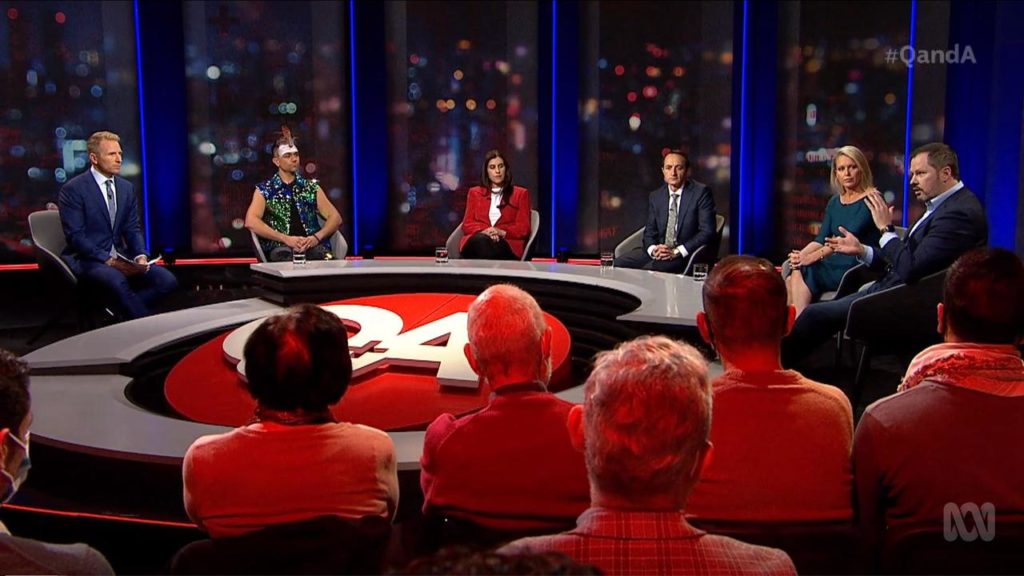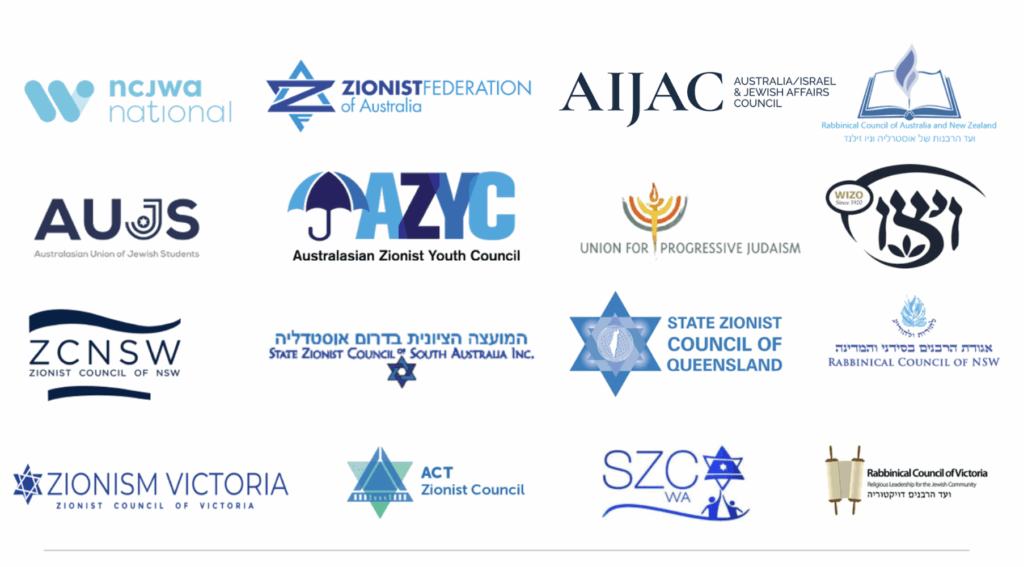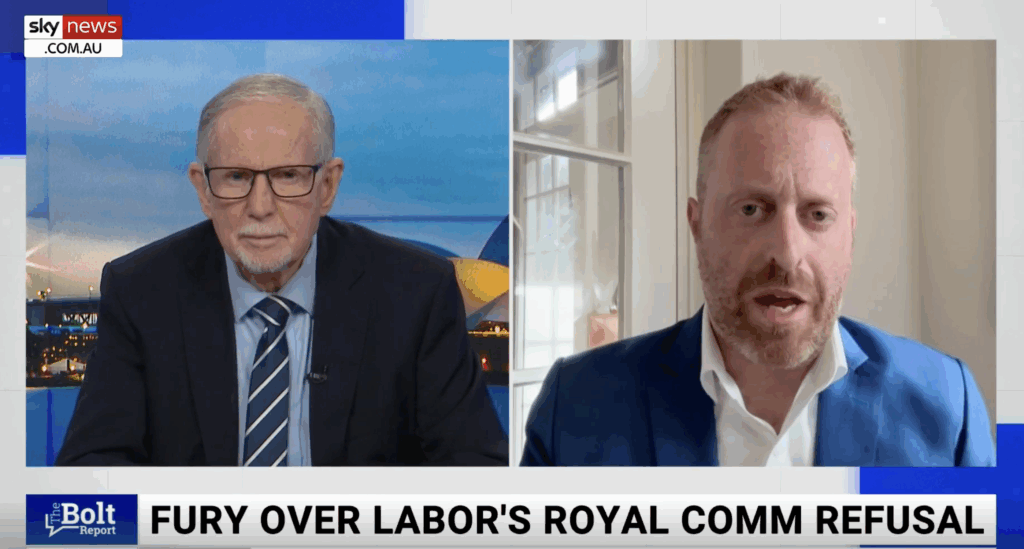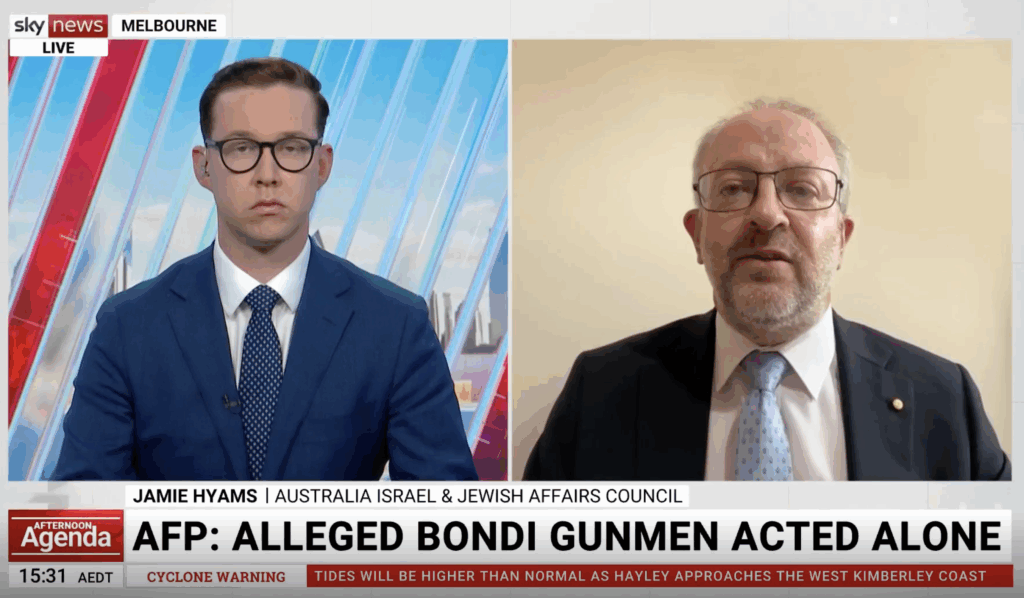IN THE MEDIA
ABC shames itself with its bias on Israel and Hamas
July 26, 2021 | Colin Rubenstein

In a speech in March, ABC managing director David Anderson asserted: “Essential to the perception of the ABC’s independence and impartiality is the reality that we are independent and detached from government direction.” Equally important to that perception is that the ABC be seen as accountable to the public for how it uses the more than $1bn in funding it receives annually.
While allegations of ABC bias are nothing new, overt activism by some staff has become increasingly brazen. This casts doubt on management’s commitment to the corporation’s statutory duty to ensure its presentation of news and information is accurate and impartial. Furthermore, there is no effective independent mechanism to scrutinise the ABC and determine whether it is fulfilling these statutory duties.
Perhaps if there had been, some notorious controversies over alleged bias could have been avoided. Examples include then communications minister Richard Alston’s many complaints about unfair ABC coverage of the second Gulf War in 2003; a Four Corners episode about beef that riled the National Farmers Federation in 2018; Catalyst episodes pushing questionable scientific claims in 2013, 2016 and 2018; and Emma Alberici’s error-strewn article on government tax cuts in 2018. The concentration of recent Four Corners episodes targeting conservative public figures – Scott Morrison, Christian Porter, George Pell – but no progressives has also caused concern.
The ABC’s multifaceted Middle East coverage, particularly the Israel-Palestine conflict, provides another useful case study. A previous Middle East correspondent, Sophie McNeill, had a record of pro-Palestinian reporting. She left the ABC to become the Australian researcher for Human Rights Watch, which engages in anti-Israel campaigning. During May’s Israel-Hamas hostilities, current Middle East correspondent Tom Joyner tweeted his intention to desist from using the word “clashes” after pro-Palestinian activists suggested he should. They argued “clashes” implies false equality between the sides.
Joyner was in the vanguard of a push by activist journalists and other media workers to supposedly “do better on Palestine”. In mid-May, some ABC staff, although not Joyner, signed a letter calling for the rejection of “both-siderism” and prioritising Palestinian perspectives in coverage.
This is part of an international campaign by pro-Palestinian activists to replace objective and fact-based reporting with an unashamedly partisan approach. It is hard to reconcile this approach with ABC editorial standards that require impartiality and reject unduly favouring one perspective.
Tags: ABC, Australia, Media/ Academia





